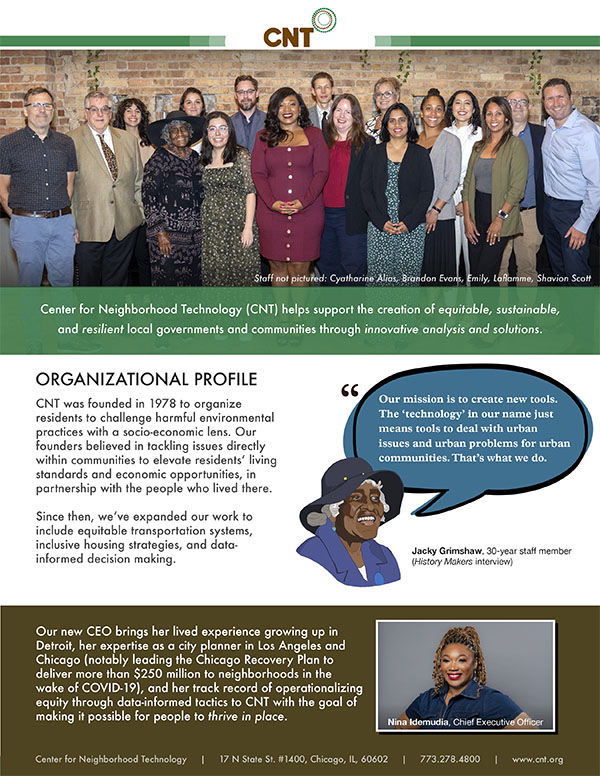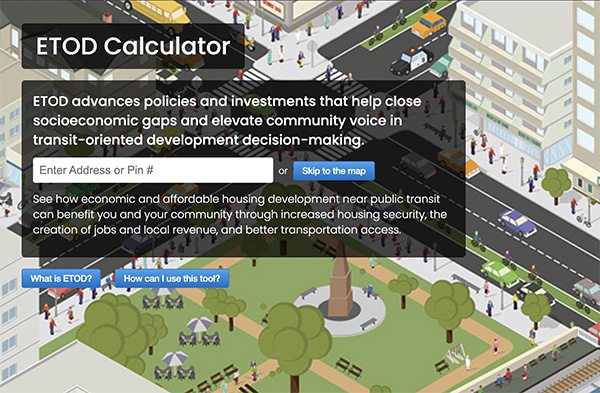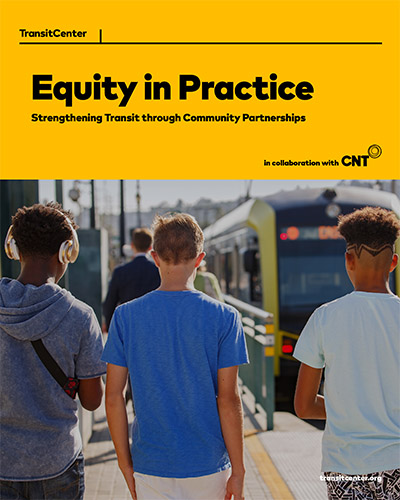A recent article in the Chicago Tribune’s Red Eye, a publication geared toward young commuters, reported on a study from personal finance site WalletHub that called Chicago one of the worst cities for drivers. After noting the many obstacles Chicagoland drivers face, including congestion, city fees, and volatile weather, the article delivers the somewhat bleak conclusion that at least “some of us can avoid it by riding the CTA or a bike.” It’s clear from this article that car ownership comes with its fair share of hassles and that quite a lot of Chicagoland would prefer to commute using other modes of transportation. We agree that transit provides a means of escaping Chicago’s car hassles, and we need to take action to make it an option for more of Chicagoland’s commuters so that “some” becomes “most.”
We all know the challenges of Chicago weather and the immense traffic congestion in America’s third largest city. These difficulties make it all the more essential to make sure that commuting via transit and biking is not just reserved for a portion of the city. It’s true that Chicago needs better conditions for cars, but the state of Chicago’s roads is not unrelated to the transit option. Increasing investment in transit reduces the number of drivers who need to commute to work, both reducing congestion and decreasing the amount of wear and tear on roads. It’s time to start considering Chicagoland’s commuting holistically.
There are many opportunities for improving transit in the region. Chicago residents are required to drive to work because they do not have the option to commute via transit or biking. Ten percent of Cook County residents live in transit deserts, areas without access to convenient and efficient transit options. This disconnection is not set in stone, however. A few key projects, especially the incorporation and use of arterial bus rapid transit and additional commuter rail routes, could make it much easier for people to get to work on time, while additional bike lanes in major urban corridors could vastly increase the number of people who bike to work. Even those who choose to drive would benefit from such alternatives. With fewer drivers forced to use roadways, corridors free up and are less overused during peak hours, giving drivers faster commutes. Everyone wins!
Transit and biking must not be considered separately from roadways. Chicago and Cook County need to consider multimodal transportation that incorporates the needs of all residents, not just of car owners, to achieve a healthy and sustainable economy. Funding Transit Future projects will begin to fill in the gaps in our transit system, giving commuters the options they need.





 Strengthening Transit Through Community Partnerships
Strengthening Transit Through Community Partnerships



 RSS Feed
RSS Feed